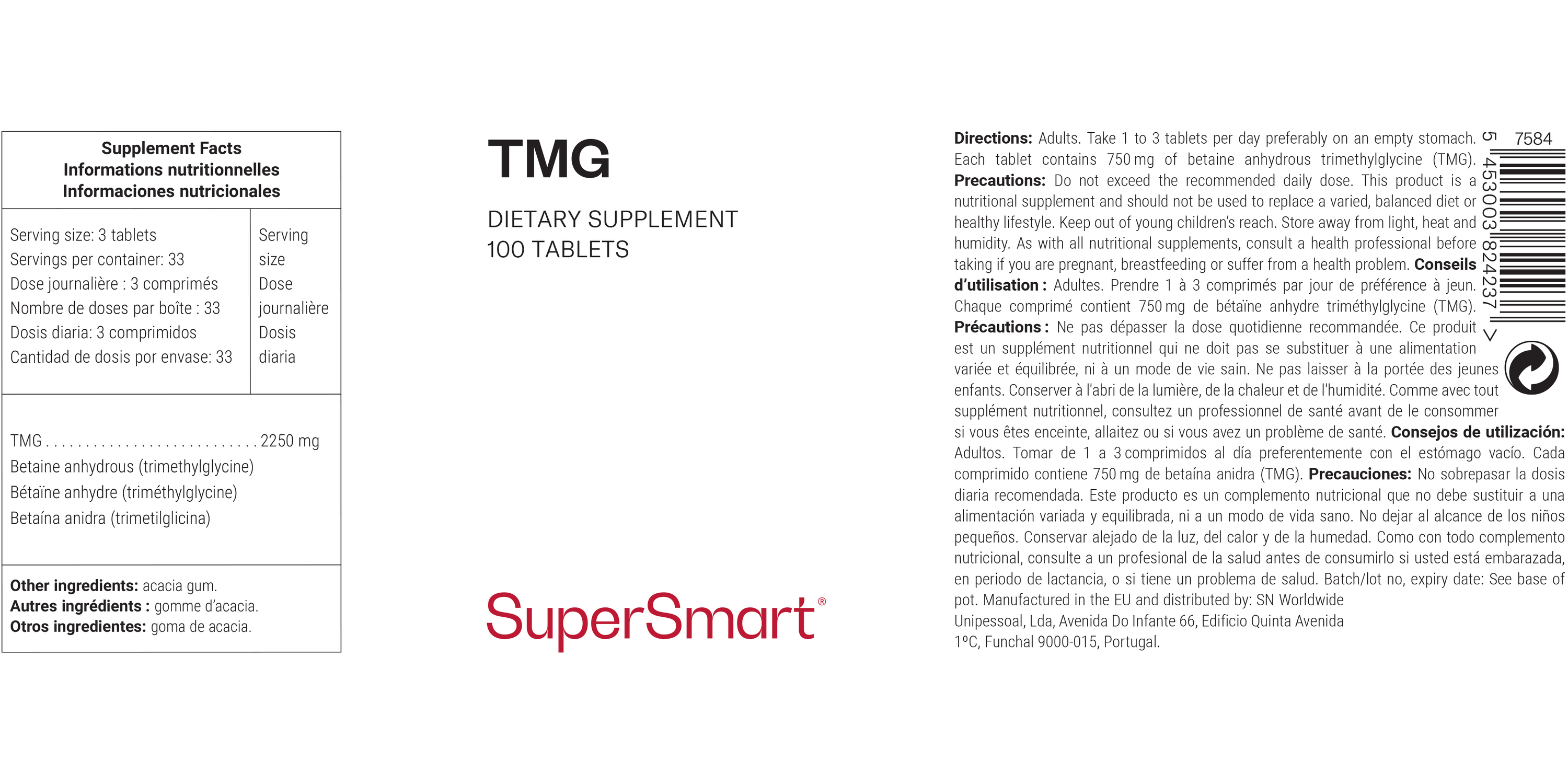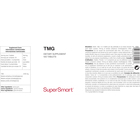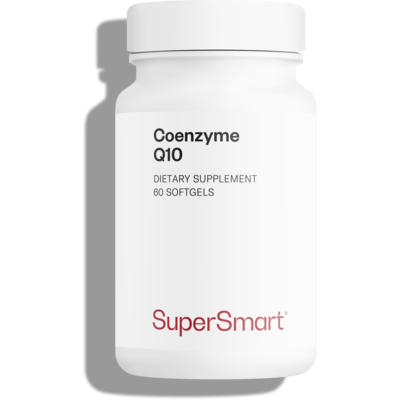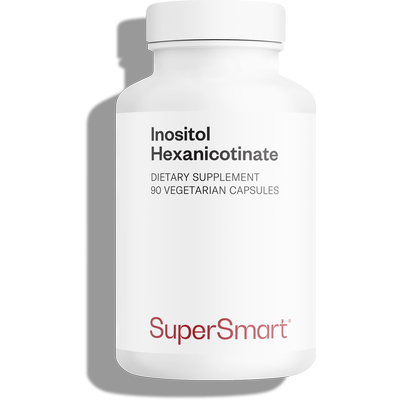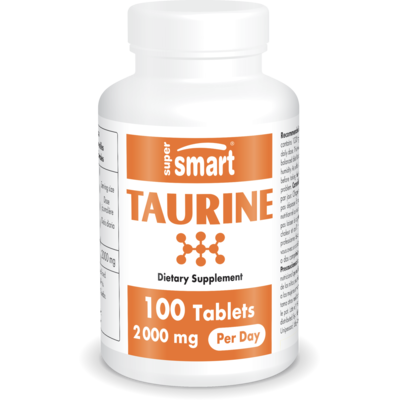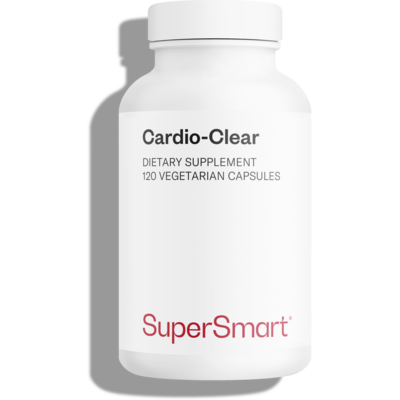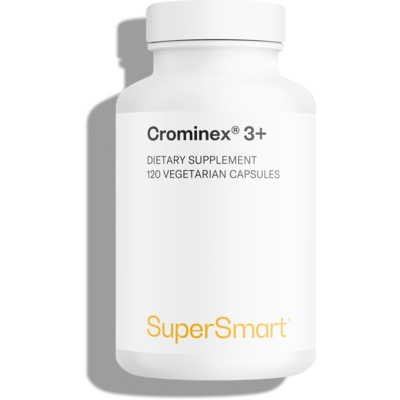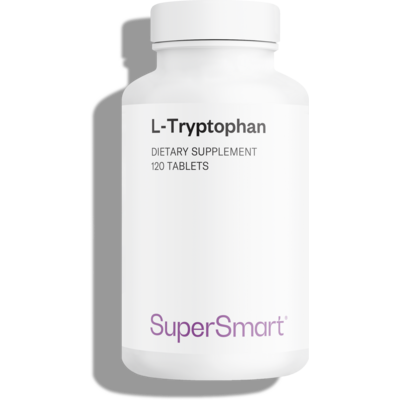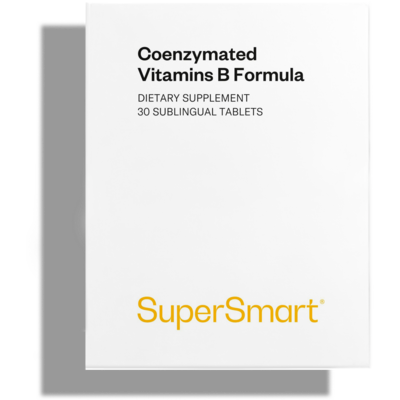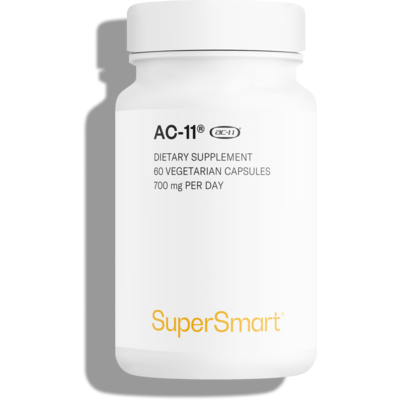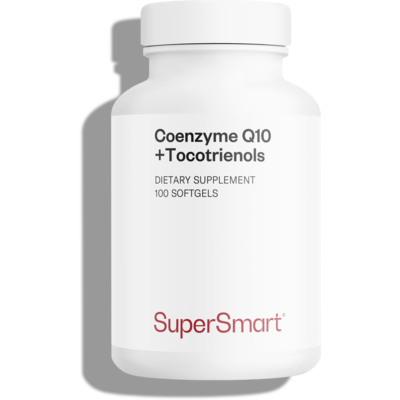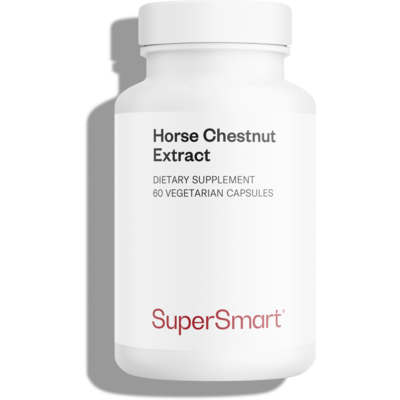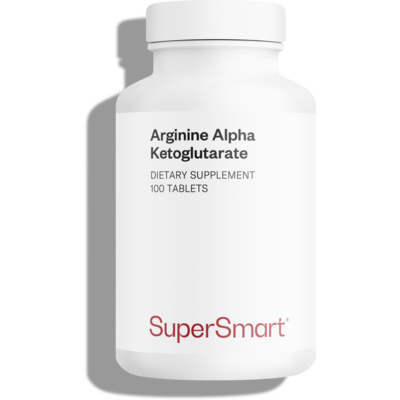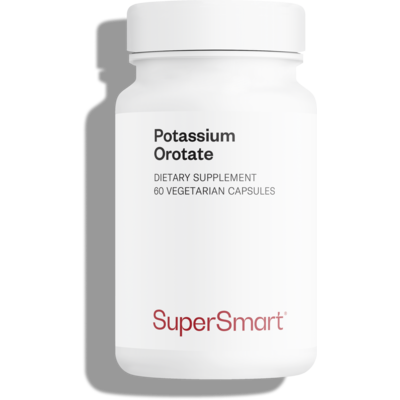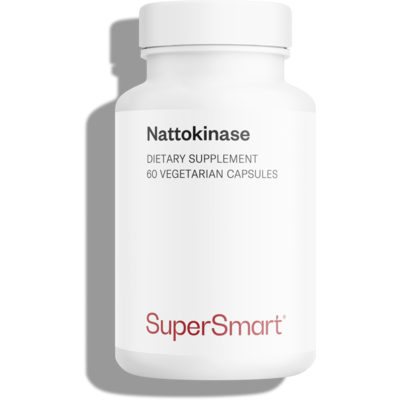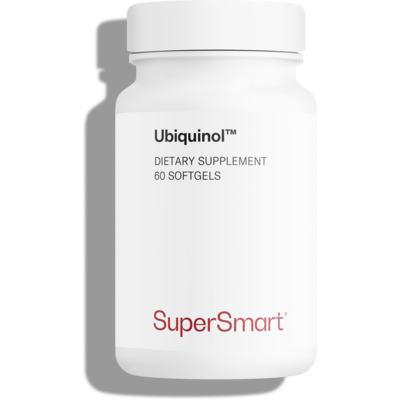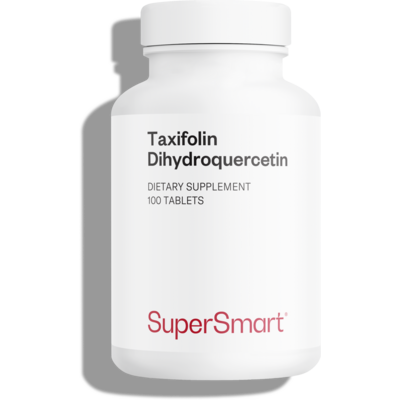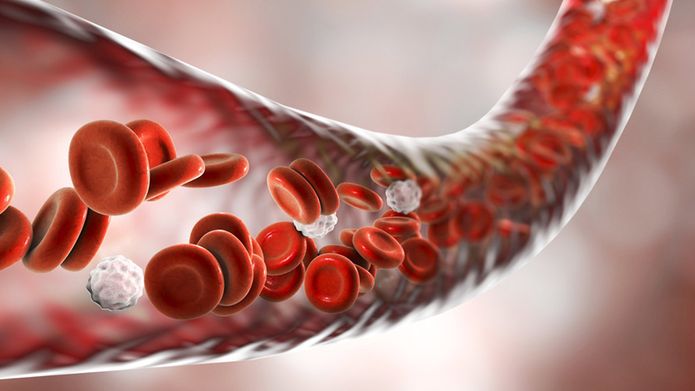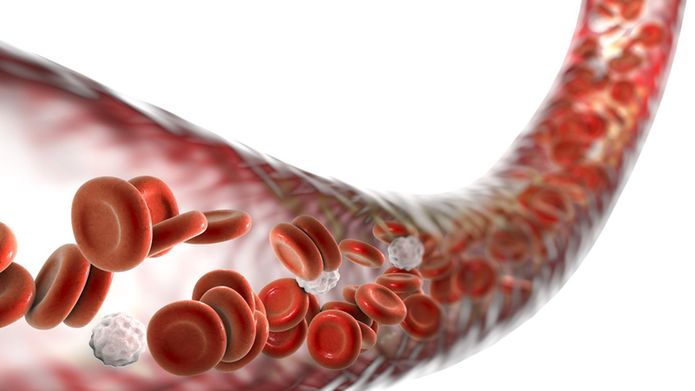Create Your Offer
Also known as betaine, trimethylglycine occurs naturally in many of the body's tissues. As we get older, methylation decreases, leading to a potential rise in homocysteine levels. Raised blood levels of homocysteine increase the risk of cardiovascular disease and other age-related diseases.
What are the Benefits Associated with Trimethylglycine?
As TMG is involved in the metabolism of homocysteine, it is particularly important for the prevention of cardiovascular disease. As a methyl group donor, it converts homocysteine into methionine, and then into SAMe. Studies suggest that TMG supplementation lowers homocysteine concentrations in a dose-dependant manner – by up to 20% with a daily dose of 6 g.
Animal studies indicate that TMG helps protect the liver and increases levels of SAMe. The first stage in alcohol-induced hepatic lesions is the accumulation of fats in the liver. Human studies have shown the efficacy of TMG in significantly improving these hepatic lesions.
It is recommended that TMG supplements be accompanied by a multivitamin with substantial amounts of vitamins B6, B12, and folic acid, since these nutrients are also involved in the methylation cycle.
WARNINGS
Do not exceed the recommended daily dose. This product is a nutritional supplement and should not be used as a substitute for a varied and balanced diet or a healthy lifestyle.
STORAGE
Store in a cool, dry place away from direct sunlight, heat, and humidity. Keep out of reach of children.
PREGNANCY AND MEDICAL CONDITIONS
If you are pregnant, breastfeeding, or have any medical conditions, consult your healthcare provider before using this product.
SUPPLEMENT INTERACTIONS
Consult your healthcare provider before use, especially if you are taking any medications or other supplements as there may be potential interactions.
october 1 2024
I am using TMG for heart health. I have not had any test since starting, but I think it is helping me.
january 22 2024
I think this product has helped improve some heart readings. A good buy for 100 tabs.
Need Help?
Phone Number
+1 (786) 522-3907
From 9 am to 6 pm (EST)
Email Address
You May Also Like


